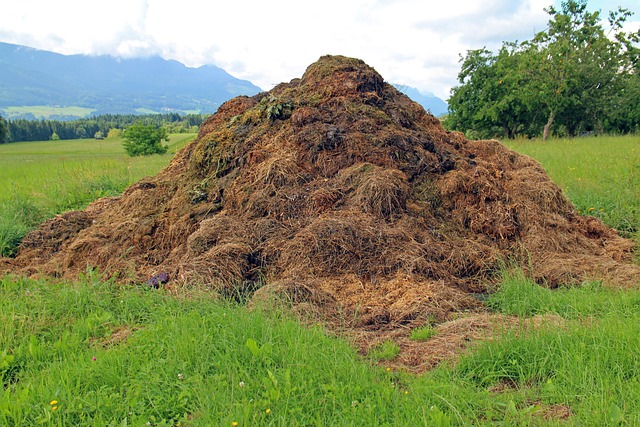Composting, a natural process of decomposing organic material, is a practice that benefits not only our gardens but the environment as a whole. It offers a valuable solution to reducing household waste, thereby minimizing the load on landfills, while also creating nutrient-rich soil amendments for our gardens. This article explores the composting process, its benefits, and the steps to create your own compost pile.
Understanding the Composting Process
Composting involves the decomposition of organic waste, such as food scraps and yard trimmings, by microorganisms, fungi, worms, and other decomposers. This process transforms the waste into nutrient-rich compost, also often referred to as “black gold.”
Key factors in successful composting include the balance of green (nitrogen-rich) and brown (carbon-rich) materials, adequate moisture, and aeration. Greens include materials like vegetable scraps, coffee grounds, and fresh grass clippings, while browns include dry leaves, straw, and paper. A balance of these elements encourages efficient decomposition and prevents unpleasant odors.
The Benefits of Composting
- Waste Reduction: Composting offers a practical way to recycle kitchen and yard waste, which can account for up to 30% of household waste. By composting, you divert this waste from landfills, where it would otherwise generate methane, a potent greenhouse gas.
- Soil Enrichment: Compost is a natural, nutrient-rich soil amendment that improves soil structure, texture, and aeration. It also increases the soil’s ability to hold water, which means less watering is necessary.
- Sustainable Gardening: Compost provides essential nutrients for plant growth, reducing the need for chemical fertilizers. It can also suppress plant diseases and pests, fostering healthier gardens.
How to Start Composting
Here’s a simple guide to starting a compost pile:
- Select a Suitable Spot: Choose an outdoor space that’s easily accessible and preferably shaded to maintain a good moisture level.
- Start Your Pile: Start with a layer of browns for aeration and drainage, then add a layer of greens. Add a thin layer of soil or finished compost to introduce decomposing organisms.
- Maintain Your Pile: Turn the compost pile with a pitchfork or shovel every few weeks to ensure good aeration, which is essential for decomposition. If the compost pile looks too dry, add water.
- Use Your Compost: In a few months, your compost should look dark and crumbly and have an earthy smell. You can now add it to your garden beds or use it to enrich your potting soil.
A Word of Caution
Not all waste is suitable for composting. Avoid composting meat, dairy, diseased plants, and pet wastes, as these can attract pests or create health hazards.
In conclusion, composting is an environmentally friendly practice that contributes significantly to sustainable living. It reduces waste, enriches soil, and fosters a healthier garden, all while combating climate change.

